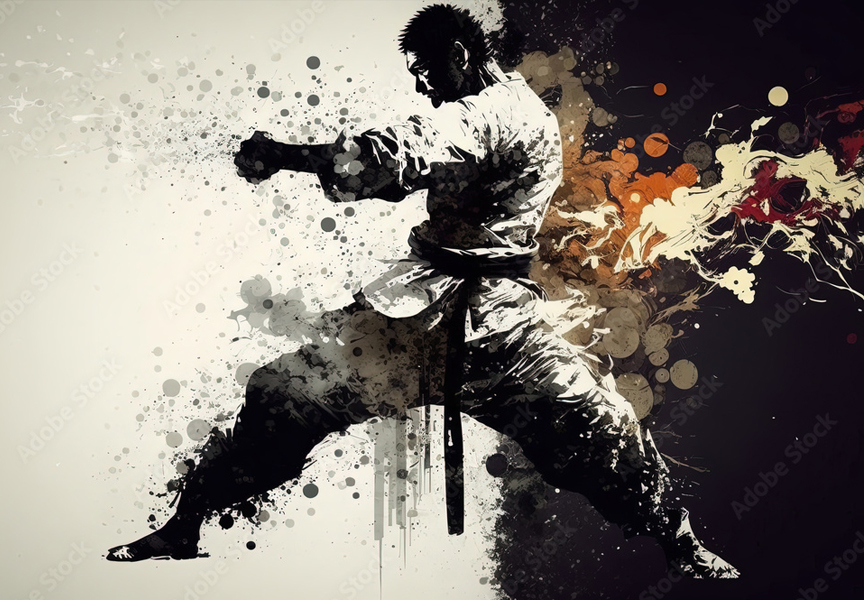Random Free Articles
- What I Gained from Rou Quan Quan Practice
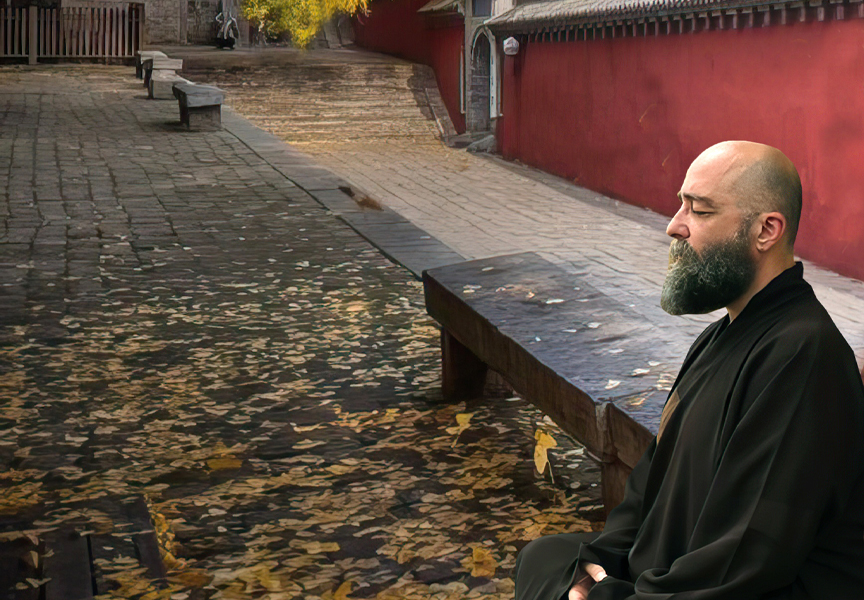
After more than 40 years of practicing Shaolin Rou Quan, I feel both a deep need and a sense of obligation to share my personal point of view, my understandings, and, above all, my own experience with this remarkable art. Shaolin Rou Quan, often misunderstood or undervalued compared to other martial arts, holds profound benefits that go far beyond self-defense. It is a discipline that fosters balance, inner peace, and strength in ways that are…
- Guide to Effective Self-Defense

In a world where unexpected dangers can lurk around any corner, knowing how to defend oneself is a crucial skill. While it's impossible to predict every potential threat, having a well-thought-out reaction plan can significantly increase your chances of escaping unharmed. This article aims to provide practical guidance on how to handle situations where you find yourself in danger and need to defend yourself. Stay Calm: One of the most…
- Chinese Kung Fu Weapons
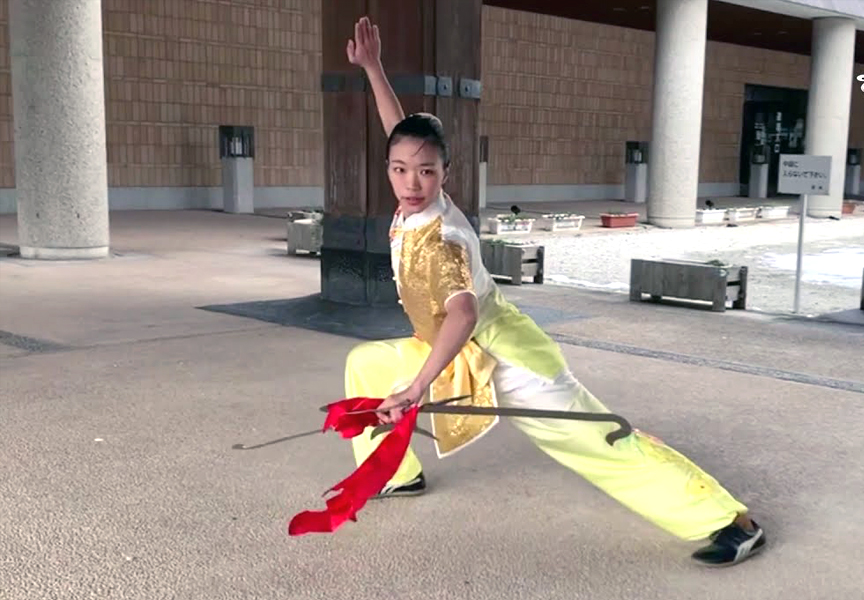
A Storied Legacy of Martial Mastery Chinese martial arts, with their rich history and diverse forms, have captivated enthusiasts around the world. Among the many facets of this ancient tradition, the array of weapons used in Chinese Kung Fu stands out as a testament to the art's depth and complexity. These weapons can be broadly categorized into long weapons, short weapons, and concealed weapons, each with its unique characteristics and…
- The Lethal Phoenix Eye Fist
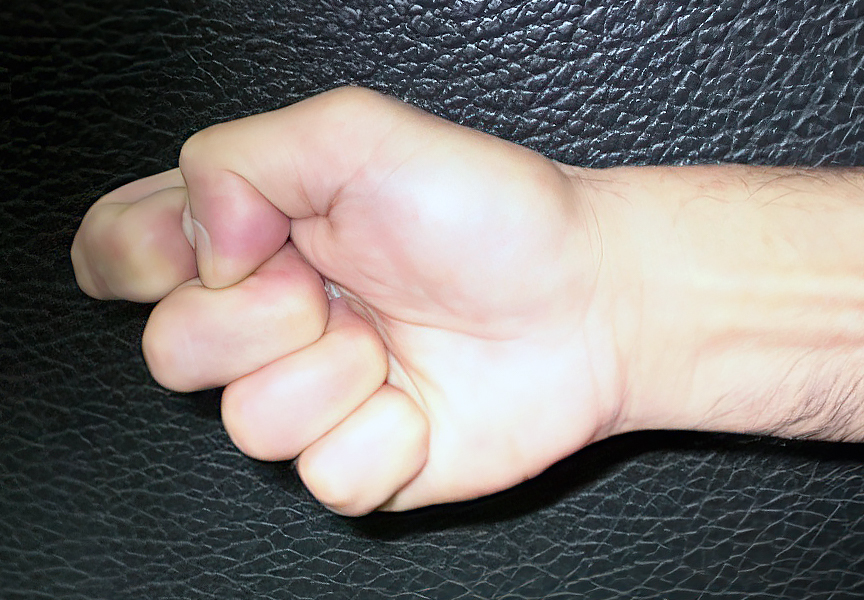
In the world of martial arts, where every move carries significance, there exists a technique that epitomizes precision and concentrated force: the Phoenix Eye Fist [Chin.: Fèng yǎn quán 凤眼拳]. Unlike conventional strikes that disperse energy across multiple points of contact, the Phoenix Eye Fist channels the entirety of its power into a singular focal point, amplifying the damage inflicted to unprecedented levels. Imagine the force…
- The Horse Stance in Shaolin Kung Fu
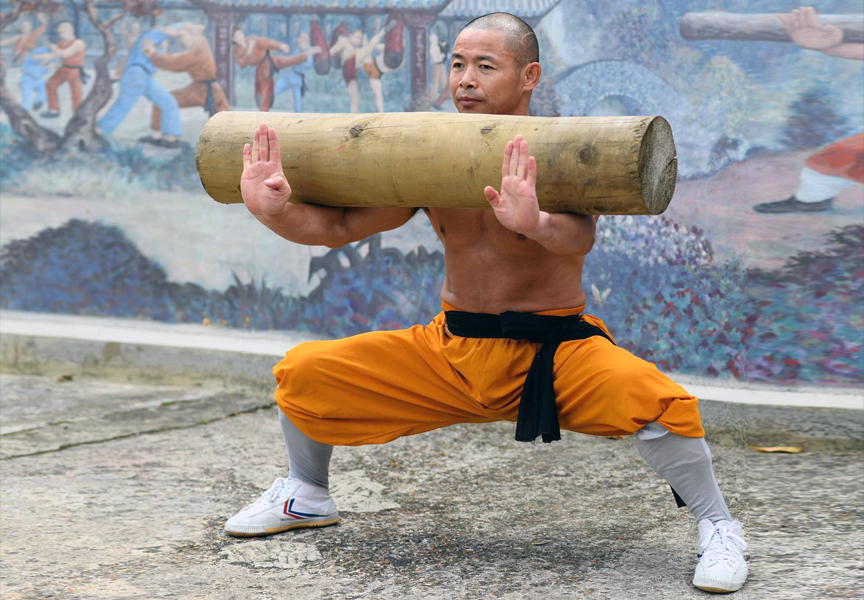
Shaolin Kung Fu, with its roots in ancient Chinese martial arts, is renowned for its diverse techniques and holistic approach to physical and mental well-being. At the heart of Shaolin training lies the Horse Stance, known as Mabu - [Chin.: mǎ bù 马步] in Chinese. This fundamental stance serves as the cornerstone of many martial arts disciplines, providing practitioners with a solid foundation for strength, balance, and internal energy…

